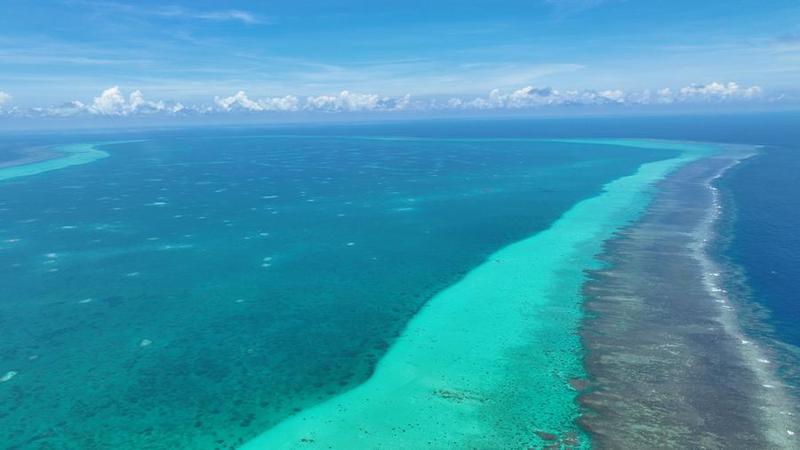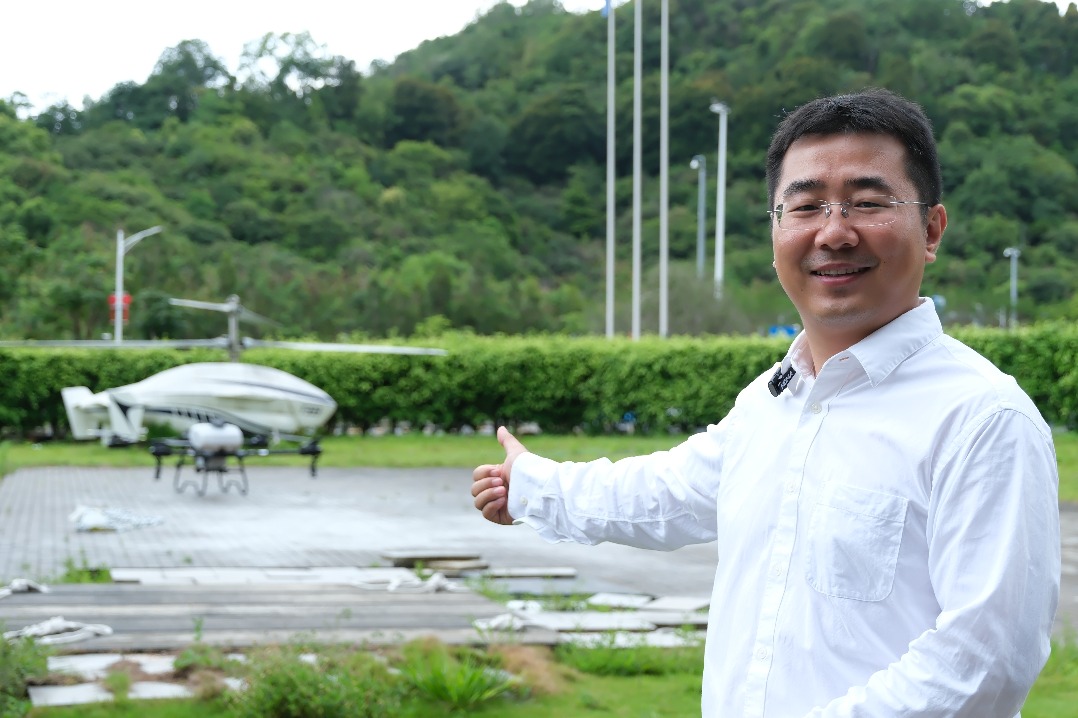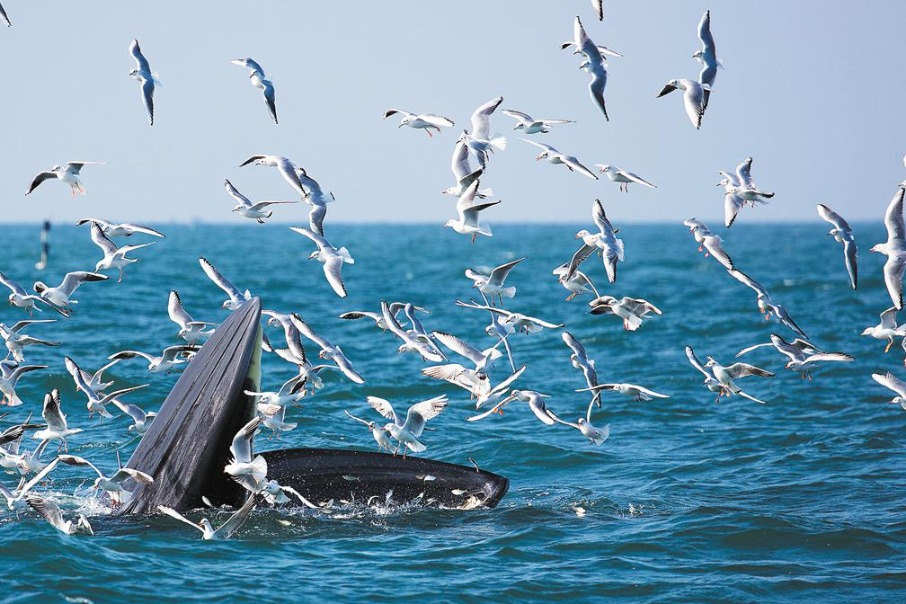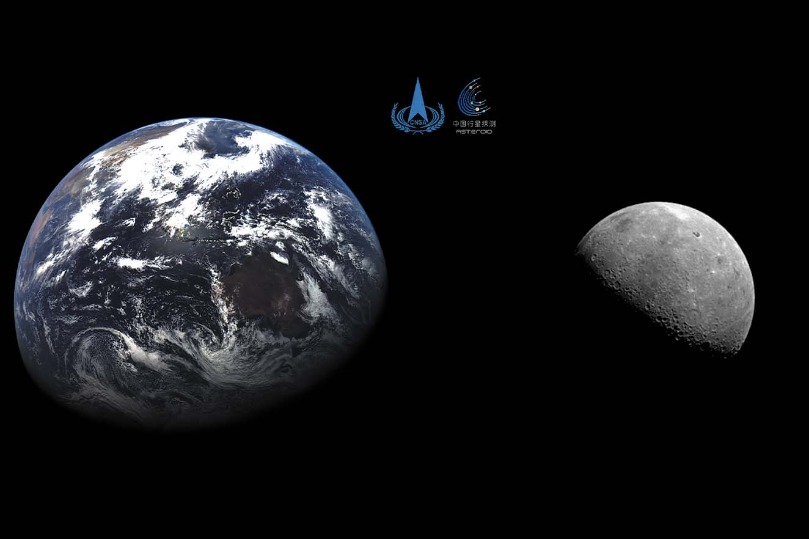Some puppets in Philippines setting it on dangerous course


China's decision to sanction former Philippine senator Francis Tolentino for his egregious behavior on China-related issues should send an unmistakable message that any conduct that harms the interests of China will not go unpunished.
The move shows China's resolve to safeguard the nation's territorial integrity. That anyone who infringes upon China's core interests will bear the consequences.
In the past few years, as China-Philippines ties have soured, some anti-China politicians in the Philippines have seized it as an opportunity to intensify their anti-China rhetoric and actions with the malicious intention of harming China's interests and further undermining China-Philippines ties.
Tolentino, a long-time China-basher, played a key role in the so-called Maritime Zones Act announced by Manila in November 2024, which illegally includes China's Huangyan Island and most of the islands and reefs of China's Nansha Islands and relevant waters into the maritime zones of the Philippines.
China's sanctioning of Tolentino should caution those in the Philippines who are of a like mind that they had better change course, otherwise they too will have to face the repercussions of their words and deeds. Manila should learn a lesson from it and view China through a more objective and good-neighborly lens.
This year marks the 50th anniversary of the establishment of diplomatic relations between China and the Philippines. As neighbors, China and the Philippines cannot move apart. Good-neighborliness serves the fundamental interests of both peoples.
Philippine society should realize that politicians like Tolentino are harming their country's relations with China, and pushing it to the brink of a head-on conflict. Such a prospect cannot possibly serve the interests of the Philippines, or the broader region.
Those in the Philippines harboring malicious sentiments toward China and instigating provocations may believe that their antics can help their country seize some undeserved maritime interests. But they are clearly miscalculating the situation as China will never back off from defending its maritime territorial integrity and sovereignty.
Due to the Philippines' ties with the United States, some China-bashers there have a pro-US mentality and they think that by soliciting the support of the US in exchange for the Philippines serving as a bridgehead for the US' strategy to contain China, their country will be guaranteed unwavering US support for unwarranted maritime claims in the South China Sea.
But Washington only wants to use Manila as a pawn in its strategic competition against China. Manila is being naive and self-deceiving if it believes that the US will sacrifice American lives to come to its rescue when a direct conflict over disputed islands or islets breaks out in the South China Sea.
Manila should abandon its adventurism in the South China Sea and come back to the negotiating table with China. The only viable way to resolve the maritime disputes is through dialogue and negotiations.
Manila should fully abide by the Declaration on the Conduct of Parties in the South China Sea and meet China halfway so as to properly manage the situation and resolve the disputes peacefully. It should stop making provocative moves and playing dirty tricks so as to usher in a cordial environment for advancing regional consultations on the Code of Conduct in the South China Sea.
Peace and stability serve the common interests of countries in the region and beyond. It is high time Manila stopped its jingoism and military brinkmanship.


































